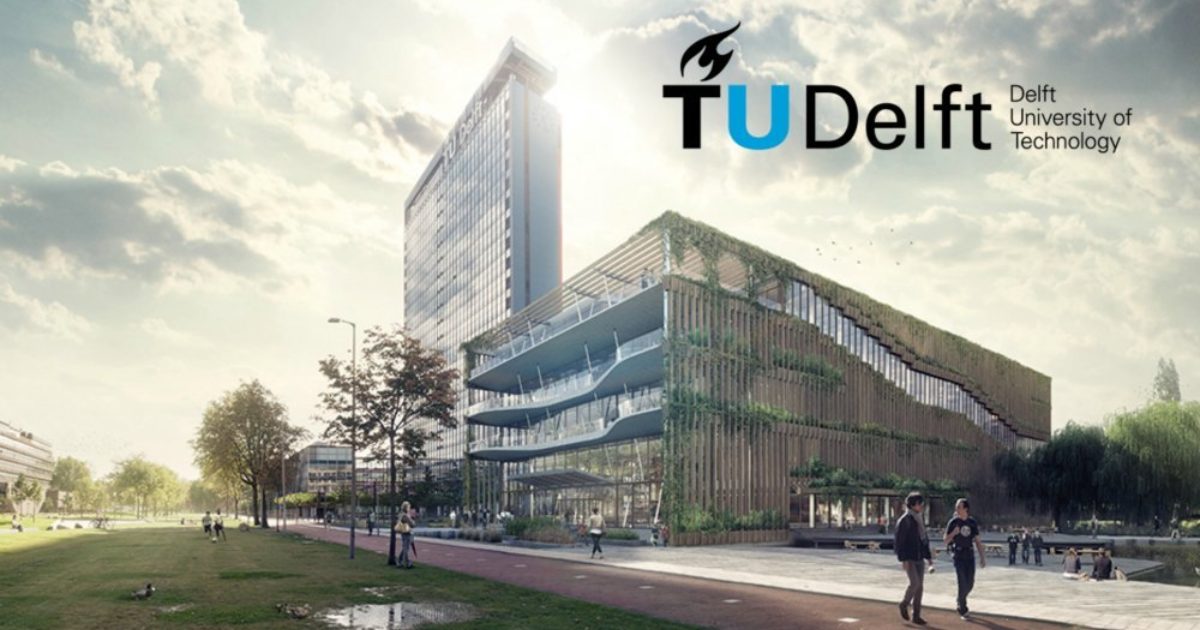TU Delft: Making salt water fresh on Lampedusa
Since last week, a large-scale demo installation in Lampedusa is producing drinking water, salts and chemicals from seawater in an environmentally friendly way. Project leader Dimitris Xevgenos: “This is the first time that we’re producing these marketable products at pre-commercial scale in Europe together with the right actors, including the use of waste heat. People can come and actually see it running.”
At the Southernmost part of Italy lies a beautiful island, Lampedusa. It is home to approx. 6,600 residents and more than 40,000 tourists visiting per year, while there’s also a large influx of refugees. To sustain its community and related economic activities, the island is 100% dependent on seawater desalination to provide its water needs. Thanks to SOFIP group a desalination facility is running since 1972 with a total capacity of 3,500 m3/day. This solution has secured water supply, but at the same time has put some pressure to the island’s environment; accounting for approximately 10% of the total energy consumption, as well as damage to the ecosystem through brine discharge back into the sea.
Renewable energy
In the pursuit of finding the most sustainable way to produce desalinated water, the power company in Lampedusa called SELIS (part of SOFIP group) has joined the WATER-MINING project, led by Dimitris Xevgenos, Mark van Loosdrecht and Patricia Osseweijer from Delft University of Technology. Together with PhD candidate Rodoula Ktori and postdoctoral researcher Marcos Rodriguez-Pascual, the Delft researchers have developed a large-scale demo with a total capacity of 50 m3/day. Xevgenos: “The demo system results in the recovery of high quality freshwater, salts and chemicals, while sourcing more than half of the energy requirements through waste heat recovered from the nearby power plant.”
Although there’s no industrial activity in Lampedusa, recovering salts and chemicals from seawater does make sense on larger islands like Cyprus. “With the aim of the social embedding and full-scale implementation of our innovative solution, we are engaging with local and regional stakeholders in what we call ‘Communities of Practice,’” Xevgenos says. “We’re looking into the possibilities of implementing a full-scale desalination system in Cyprus and giving materials back to the local economy, creating a circular economy.” Van Loosdrecht: “Seawater desalination generates brine which is discharged into the sea, where it leads to damage to the ecosystem. In Cyprus, we can use that brine to generate nutrients for agriculture and acid and base as a raw resource in the chemical industry.”

